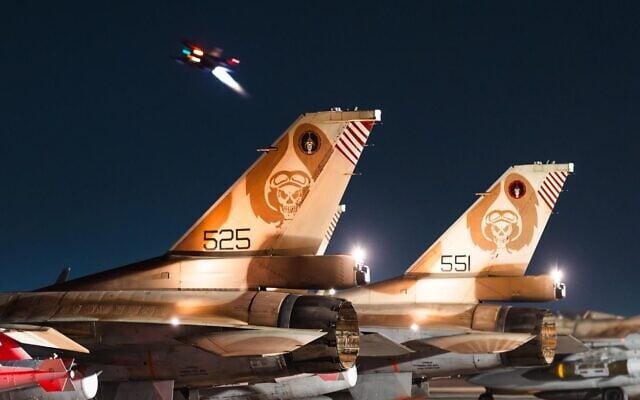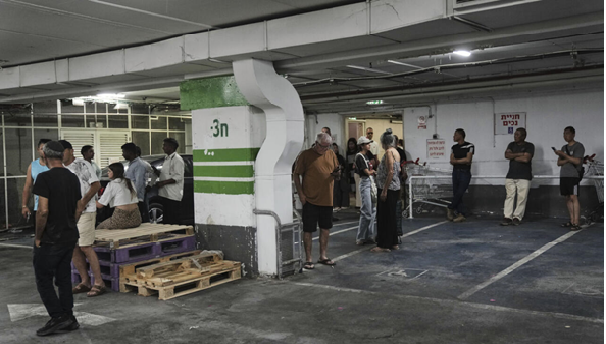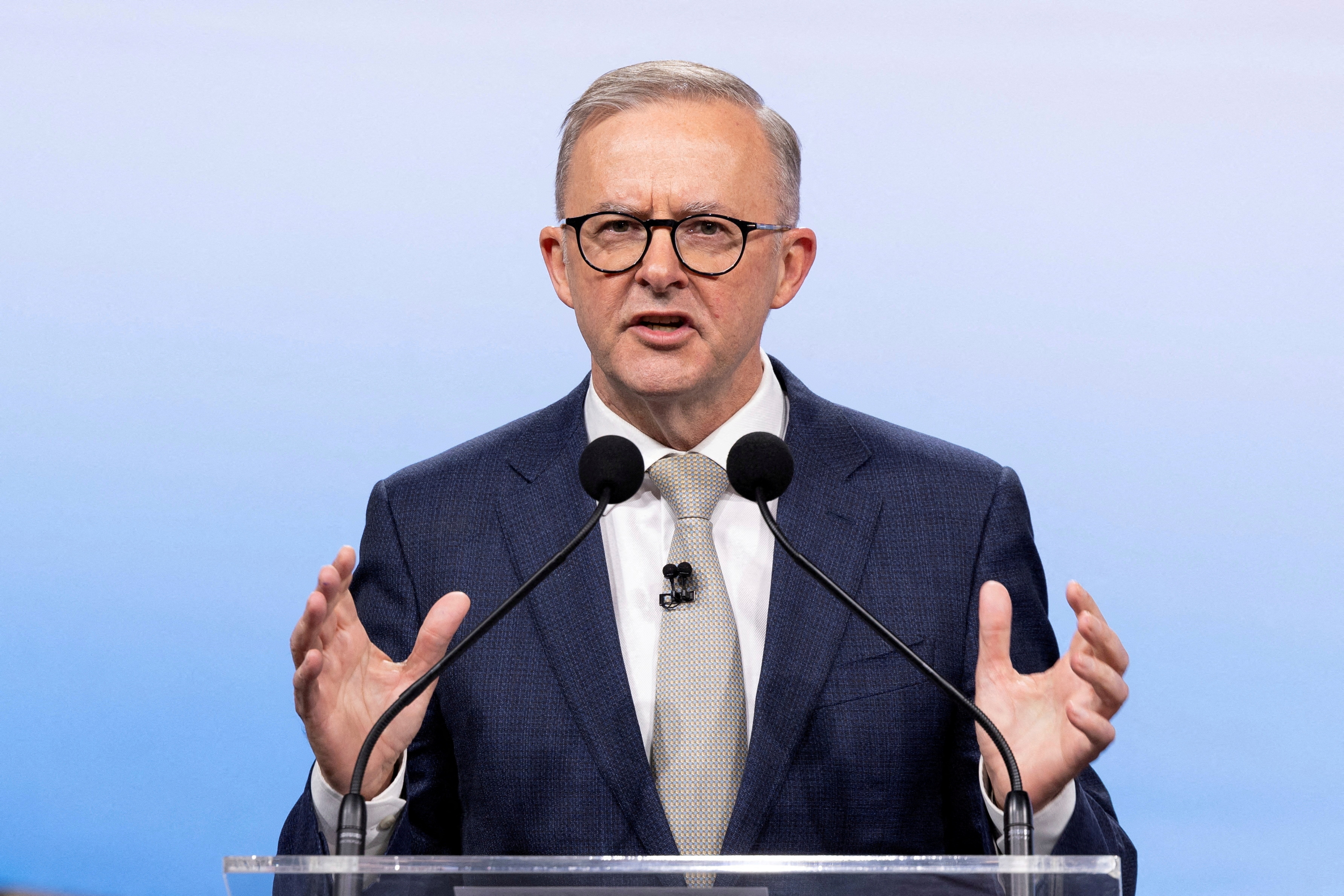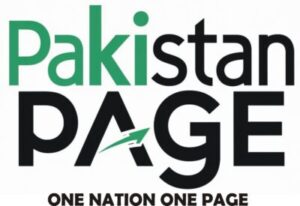ISTANBUL/WASHINGTON/JERUSALEM: Fighting intensified on Monday as Israel and Iran engaged in a rapid exchange of military strikes — including an Israeli strike on Iran’s Fordo nuclear site, according to a local official.
Earlier, sirens sounded in several areas across Israel after a barrage of missiles was launched from Iran as the war between the two foes continued for an 11th day.
Israeli Defence Minister Israel Katz said the military was carrying out strikes on Tehran, including on the Evin Prison, which he said holds political prisoners and opponents of the Islamic Republic.
Israeli Foreign Minister Gideon Saar had earlier shared footage of the prison being targeted on his X account and wrote “long live freedom” in Spanish.
IRAN SAYS 2 PREGNANT WOMEN, 13 CHILDREN KILLED IN ISRAEL’S AIR ATTACKS SO FAR
Hossein Kermanpour, the head of the public relations at Iran’s Health Ministry has said at least 13 children have been killed since Israel started attacking Iran on June 13, with the youngest being “just two months old”.
He added that 44 women have also been killed in the Israeli attacks, including two who were pregnant.
Kermanpour’s update did not provide an overall death toll but in another post on Saturday, he had said that more than 400 people had been killed since the start of the conflict, with at least 3,056 others wounded.
“The majority of casualties and the injured have been civilians,” he had said.
PUTIN SAYS ‘UNPROVOKED AGGRESSION’ ON TEHRAN ‘UNJUSTIFIED’
Russian President Vladimir Putin slammed strikes on Tehran as “unprovoked aggression” and said Moscow was trying to help the Iranian people as he hosted Iranian Foreign Minister Abbas Araghchi in Moscow.
“This is an absolutely unprovoked aggression against Iran,” Putin told Araghchi, calling the strikes “unjustified” and adding that Russia was “making efforts to provide assistance to the Iranian people.”
IRAN ISSUES WARNING TO ‘GAMBLER’ TRUMP
Iran said on Monday that the US attack on its nuclear sites expanded the range of legitimate targets for its armed forces and called US President Donald Trump a “gambler” for joining Israel’s military campaign against the Islamic Republic.
Since Trump joined Israel’s campaign by dropping massive bunker-buster bombs on Iranian nuclear sites on Sunday morning, Iran has repeatedly threatened to retaliate.
But while it has continued to fire missiles at Israel, it has yet to take action against the United States itself, either by firing at U.S. bases or by targeting the 20% of global oil shipments that pass near its coast at the mouth of the Gulf.
“Mr Trump, the gambler, you may start this war, but we will be the ones to end it,” Ebrahim Zolfaqari, spokesperson for Iran’s Khatam al-Anbiya central military headquarters, said on Monday in English at the end of a recorded video statement.
Iran and Israel traded another wave of air and missile strikes on Monday as the world braced for Tehran’s response.

Trump’s administration has repeatedly said that its aim is solely to destroy Iran’s nuclear programme, not to open a wider war.
But in a social media post on Sunday, Trump openly spoke of toppling the hardline clerical rulers who have been Washington’s principal foes in the Middle East since Iran’s 1979 revolution.
“It’s not politically correct to use the term, ‘Regime Change,’ but if the current Iranian Regime is unable to MAKE IRAN GREAT AGAIN, why wouldn’t there be a Regime change??? MIGA!!!” he wrote.
Experts surveying commercial satellite imagery said it appeared that the U.S. attack had severely damaged the site of Iran’s Fordow nuclear plant, built inside a mountain, and possibly destroyed it and the uranium-enriching centrifuges it housed, although there was no independent confirmation.
Trump wrote on True Social Sunday afternoon that ‘It’s not politically correct to use the term “Regime Change”, but if the current Iranian Regime is unable to MAKE IRAN GREAT AGAIN, why wouldn’t there be a Regime change??? MIGA!!!’
Trump called the strike a “Bullseye!!!”.
“Monumental Damage was done to all Nuclear sites in Iran,” he wrote. “The biggest damage took place far below ground level.”
MORE ISRAELI STRIKES
Israel’s airstrikes on Iran have met little resistance from Iranian defences since Israel launched its surprise attack on June 13, killing many of Iran’s top commanders.
The Israeli military said on Monday that about 20 jets had conducted a wave of strikes against military targets in western Iran and Tehran overnight. In Kermanshah, in western Iran, missile and radar infrastructure was targeted, and in Tehran a surface-to-air missile launcher was struck, it said.
Iranian news agencies reported air defences had been activated in central Tehran districts, and Israeli air strikes had hit Parchin, the location of a military complex southeast of the capital.

Iran says more than 400 people have been killed in the Israeli attacks, mostly civilians, but has released few images of the damage since the initial days of the bombing. Tehran, a city of 10 million people, has largely emptied, with residents fleeing to the countryside to escape attacks.
Iran’s retaliatory missile strikes on Israel have killed 24 people, all civilians, and injured hundreds, the first time a significant number of Iranian missiles have ever penetrated Israeli defences.
The Israeli military said a missile launched from Iran in the early hours of Monday had been intercepted by Israeli defences. Air raid sirens blared overnight in Tel Aviv and other parts of central Israel.
SIRENS BLARE ACROSS ISRAEL AFTER IRANIAN MISSILE ATTACK
Sirens wailed across Israel for over 30 minutes on Monday, as the military warned of multiple missile barrages launched from arch-foe Iran.
After the extended alert period in several areas of the country, the Israeli military later said civilians could leave shelters.
“Search and rescue forces are operating in several locations across the country in which reports of fallen projectiles were received,” it added.

LIMITED RETALIATION
Beyond those missiles, Iran’s ability to retaliate is far more limited than a few months ago, since Israel inflicted defeat on Iran’s most feared regional proxy force, Hezbollah in Lebanon, whose downfall was swiftly followed by that of Iran’s most powerful client ruler, Syria’s Bashar al-Assad.
Iran’s most effective threat to hurt the West would probably be to restrict global oil flows from the Gulf. Oil prices spiked on Monday at their highest since January. But they have not yet shot up to crisis levels, indicating that traders see a path out of the conflict that avoids serious disruption.
Brent crude futures were down 0.5% to $76.64 a barrel as of 0830 GMT, after briefly jumping above $80 at the opening.
Iran’s parliament has approved a move to close the Strait of Hormuz that leads into the Gulf, which would require approval from the Supreme National Security Council, a body led by an appointee of Supreme Leader Ayatollah Ali Khamenei.
Attempting to strangle the strait could send global oil prices skyrocketing, derail the world economy and invite conflict with the U.S. Navy’s massive Fifth Fleet that patrols the Gulf from its base in Bahrain.
“It’s economic suicide for them if they do it. And we retain options to deal with that,” U.S. Secretary of State Marco Rubio said.
As Tehran weighed its options, Foreign Minister Abbas Araqchi was expected to hold talks with Russian President Vladimir Putin in Moscow on Monday. The Kremlin has a strategic partnership with Iran, but also close links with Israel.
Speaking in Istanbul on Sunday, Araqchi said his country would consider all possible responses and there would be no return to diplomacy until it had retaliated. TASS news agency later quoted him as saying Iran and Russia were coordinating their positions.
KHAMENEI ASKS PUTIN TO DO MORE AFTER US STRIKES
Iran’s supreme leader Ayatollah Ali Khamenei sent his foreign minister to Moscow on Monday to ask President Vladimir Putin for more help from Russia after the biggest US military action against the Islamic Republic since the 1979 revolution over the weekend.
US President Donald Trump and Israel have publicly speculated about killing Supreme Leader Ayatollah Ali Khamenei and about regime change, a step Russia fears could sink the Middle East into the abyss.
While Putin has condemned the Israeli strikes, he has yet to comment on the U.S. attacks on Iranian nuclear sites though he last week called for calm and offered Moscow’s services as a mediator over the nuclear programme.

A senior source told Reuters that Iranian Foreign Minister Abbas Araqchi was due to deliver a letter from Khamenei to Putin, seeking the latter’s support.
Iran has not been impressed with Russia’s support so far, Iranian sources told Reuters, and the country wants Putin to do more to back it against Israel and the United States. The sources did not elaborate on what assistance Tehran wanted.
The Kremlin said that Putin would receive Araqchi but did not say what would be discussed.
Araqchi was quoted by the state TASS news agency as saying that Iran and Russia were coordinating their positions on the current escalation in the Middle East.
Putin has repeatedly offered to mediate between the United States and Iran, and said that he had conveyed Moscow’s ideas on resolving the conflict to them while ensuring Iran’s continued access to civil nuclear energy.
The Kremlin chief last week refused to discuss the possibility that Israel and the United States would kill Khamenei.
Putin said that Israel had given Moscow assurances that Russian specialists helping to build two more reactors at the Bushehr nuclear power plant in Iran would not be hurt in air strikes.
Russia, a longstanding ally of Tehran, plays a role in Iran’s nuclear negotiations with the West as a veto-wielding U.N. Security Council member and a signatory to an earlier nuclear deal Trump abandoned during his first term in 2018.
We believe that de-escalation as soon as possible is more important than anything.
But Putin, whose army is fighting a major war of attrition in Ukraine for the fourth year, has so far shown little appetite in public for diving into a confrontation with the United States over Iran just as Trump seeks to repair ties with Moscow.
AUSTRALIA BACKS US STRIKES ON IRAN NUCLEAR SITES
Australia backs the US air strikes on Iran’s nuclear facilities but wants to avert a spiral into “full-scale war” in the Middle East, the government said Monday.
“The world has long agreed that Iran cannot be allowed to get a nuclear weapon, and we support action to prevent that. That is what this is,” Prime Minister Anthony Albanese told a news conference.

“We don’t want escalation and a full-scale war. We continue to call for dialogue and for diplomacy.”
The prime minister stressed that the US attacks had targeted sites specific to Iran’s nuclear program.
NORTH KOREA ‘STRONGLY DENOUNCES’ US STRIKES ON IRAN
North Korea condemned on Monday US strikes on Iran, calling it violation of the United Nations charter and blaming the tension in the Middle East on the “reckless valor of Israel”.
“The Democratic People’s Republic of Korea strongly denounces the attack on Iran by the US which severely violated the UN Charter with respect for sovereignty,” said a spokesperson for the North’s foreign ministry, according to a statement carried by the state news agency.

RUBIO URGES CHINA TO HELP DETER IRAN FROM CLOSING STRAIT OF HORMUZ
US Secretary of State Marco Rubio urged China to help deter Iran from shutting down the Strait of Hormuz, a crucial trade route, following American strikes on Iranian nuclear sites.
“I encourage the Chinese government in Beijing to call them about that because they heavily depend on the Strait of Hormuz for their oil,” Rubio said on Fox News.
Analysts have said Iran may opt to retaliate to Washington’s early Sunday attack by shutting the Strait, a waterway through which one-fifth of global oil output passes.
“If they do that, it will be another terrible mistake. It’s economic suicide for them if they do it, and we retain options to deal with that,” Rubio added. “But other countries should be looking at that as well, it would hurt other countries’ economies a lot worse than ours. It would be, I think, a massive escalation that would merit a response. Not just by us but from others,” he said.


